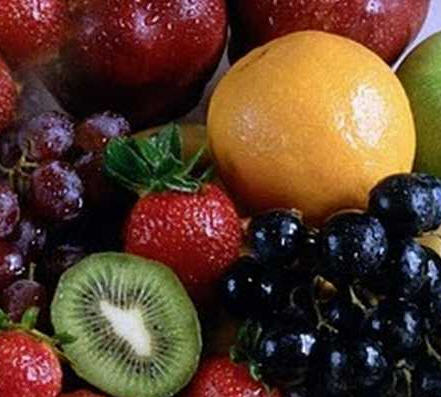Food solutions – Make Every Bite Count
Almost any sensible diet will work – if you follow it. Here’s help finding the one that’s right for your lifestyle. And if you need to jumpstart your weight loss for an upcoming event, follow USANA Reset weight management program.

What you eat influences everything from your brain power to how well your heart works. Take charge of your health by learning to read food labels, avoiding nutritions nightmares, and embracing those superfoods that keep you sharp, slim, and energetic!
Ever think that it would be easier to eat better if your kitchen was stocked with all the right stuff? Well, you’re right. Ban nutrition nightmares from your fridge and cabinets, and replace them with good-for-you noshes like fruits and whole grains, and you’ve already won half the battle. After all, when hunger strikes, you’re going to reach for whatever’s close at hand.
Snack Cakes – especially chocolate-coated snack cakes have no nutritional value, they mostly just add sugar to your diet. And don’t be seduced by packages proclaiming “zero trans fats!” Even without trans fats, these products still aren’t good for you because they pack such a major sugar wallop. Opt for a low-fat frozen yogurt topped with fresh fruit if you’re going to indulge. At least you get a little calcium and protein from the yogurt, and some vitamin C from the fruit.
Canned fruit packed in heavy syrup – canned fruit can be cheaper and more convenient than fresh, but you’ll pay the price in added sugars. For example, a half cup of Dole pineapple chunks in heavy syrup has 22 grams of the sweet stuff whereas a half cup of fresh pineapple has no added sugar. If fresh fruit isn’t an option, look for canned fruit packed in water or its own juices.
Full-sodium soups – canned soup is an easy, low-cal lunch or dinner, but watch out for the sodium! Some, like Campbell’s Chicken Noodle, have more than 800 milligrams of sodium per cup. That’s one third to one half of your recommended sodium intake for an entire day. Instead, look for low- or reduced-sodium soups. For example, Campbell’s Healthy Request Chicken Noodle soup slashes the sodium count from 890 mg per cup down to a far healthier 410 mg per cup.
Sodas or energy drinks – The average American drinks 60 gallons of soda per year. With about 100 calories a cup (and 150 calories a can), soda can pack on pounds almost as fast as you can gulp it down. One study found a strong link between soda consumption and childhood obesity. And if that’s not bad cough, the acidity in soda can dissolve mineral content in the enamel of your teeth. Energy drinks like Red Bull and Rockstar have even more calories (110 per cup for Red Bull and 140 a cup for Rockstar). And because those calories are powered by sugar (27 g in 8 ounces of Coke, 27 in Red Bull and a whopping 31 in Rockstar), the big numbers add up to a nutritional zero. Tempted to guzzle the diet versions of these drinks? Don’t. You may save on calories, but your health could pay the price. Research has associated diet drinks, particularly the dark sodas, with lower bone density, perhaps because of the phosphoric acid they contain. As for energy drinks, both diet and regular versions contain high amounts of caffeine – as much as 300 milligrams. That’s the equivalent of 2 to 3 cups of coffee, which can leave some people nervous, jittery, and even nauseated. When you need a mid-afternoon energy burst, go for unsweetened iced tea, or water infused with lemon, lime, or orange instead.

